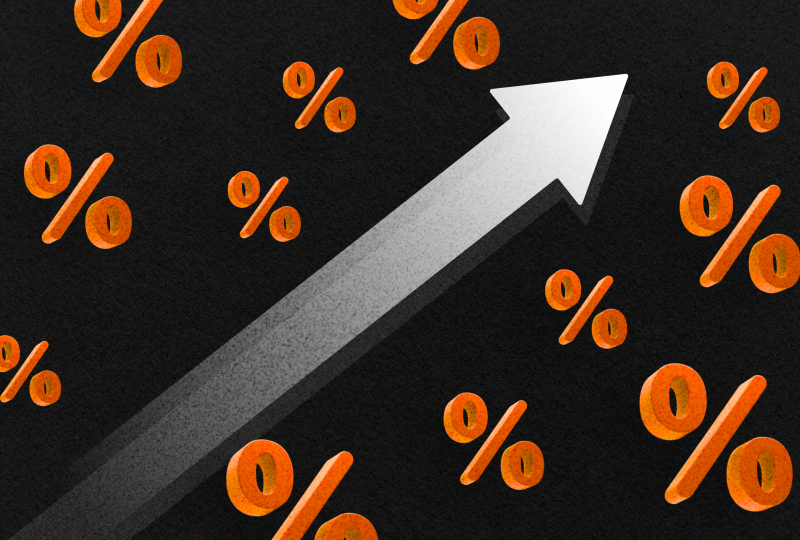Apple vs Samsung: Apple Loses Top Phonemaker Spot to Samsung as iPhone Shipments Drop
Apr 15, 2024

The permanent competition between Apple and Samsung once again makes headlines. Apple’s leadership in the smartphone market was seriously pressured in the first quarter of 2024, with iPhone shipments dropping 10%, according to research firm IDC. This slump comes after a strong performance in the final quarter of 2023 when Apple briefly held the number one spot.
Intensified Competition from Android Phones
Despite a global increase in smartphone sales by 7.8%, with Samsung capturing a 20.8% market share, fueled by the launch of their latest Galaxy S24 series, the iPhone market share worldwide slipped to 17.3%, marking a significant reversal from its brief period as the world’s number one phone maker in the previous quarter.
The decline in iPhone sales statistics can be attributed to several factors. Increased competition from Android phone makers, particularly Chinese brands like Huawei and Xiaomi, is a significant contributor. Huawei’s resurgence with its own operating system and chip is invading Apple’s market share in China, a crucial market for the company.
Additionally, aggressive pricing by Xiaomi, which is experiencing a rebound in overseas markets, is putting pressure on iPhone sales globally.
In the first quarter, Apple shipped 50.1 million iPhones, down from 55.4 million units in the same period last year. This decline is particularly notable given the overall resurgence in the smartphone market, with Samsung shipping over 60 million phones during the same period.
Challenges in the Chinese Market
Apple faces unique challenges in China that extend beyond shipment numbers. A 2.1% reduction in iPhone shipments in China during the final quarter of 2023 reflects both market saturation and regulatory hurdles.
Some government agencies and companies are restricting employee use of Apple devices, mirroring similar restrictions placed on Chinese apps by the US government. This, coupled with a preference for longer upgrade cycles among Chinese consumers, has led to reduced order of iPhones in the region.
Looking Ahead: AI and the iPhone 16
Despite the recent fall, Apple is looking towards the future with innovations in artificial intelligence. Investor attention is now focused on Apple’s upcoming Worldwide Developers Conference (WWDC) in June, where updates to iPhone software and potential advancements in artificial intelligence (AI) are anticipated. Apple’s plans to inject AI capabilities into its Mac computer lineup, with the introduction of M4 chips, have already sparked investor interest and contributed to a recent rise in Apple stocks.
Analysts predict that Apple will use AI innovations to enhance consumer experiences and potentially drive higher revenue. The company’s move to incorporate AI features into its upcoming iPhone 16 lineup aligns with its strategy to differentiate itself in a competitive market.
Apple Stock Fluctuates on AI News
Apple stock saw a rise in recent trading sessions on the news of AI Macs. The stock climbed above its 50-day moving average but ultimately closed the day with a modest gain. Analysts believe the recent pullback presents a buying opportunity, particularly with the promise of AI advancements across Apple’s product lines.
In conclusion, while Apple faces setbacks in iPhone shipments and market share, its strategic focus on AI development and upcoming product innovations suggests a strong trajectory. Despite the recent challenges and market shifts, analysts remain optimistic about Apple’s long-term prospects, viewing the current stock pullback as an enticing opportunity for investors.
So, Which Brand Comes Out on Top?
If you were expecting this article to settle the iOS vs. Android debate forever, well, sorry. Apple vs. Samsung is an annual topic; the answer remains the same – it depends. Apple and Samsung’s phones are some of the best in the business, but which is the best depends on what you want to use the phone for, which ecosystem you want to be a part of, and which operating system you prefer.




